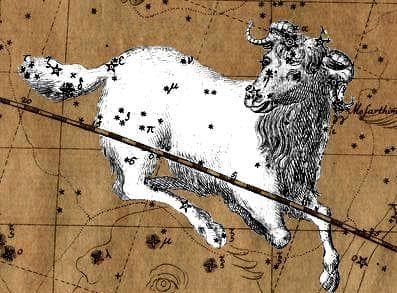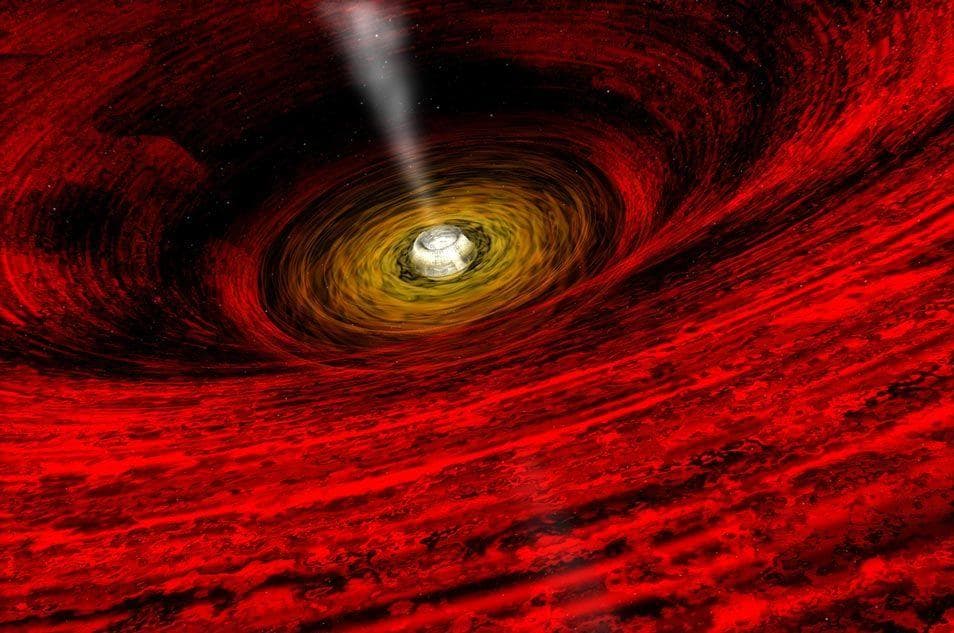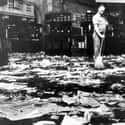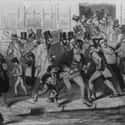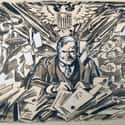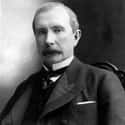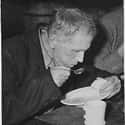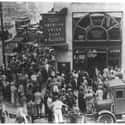-
(#2) Wall Street Closed For “Clean Up”
Black Tuesday was really more of a “Black Week” that lasted from Thursday, October 24, 1929, until the Friday of the next week. On that day, Wall Street finally closed its doors and stopped all selling for a few days in order to “clean up.” To be fair, the massive amount of human activity at the Stock Exchange did require quite a bit of actual cleaning up. However, the real reason for the shutdown was to give both employees and investors a chance to chill out. It didn't exactly work out that way.
-
(#9) November 13, 1929: The Stock Market Finally Bottomed Out
Black Tuesday has gone down in history, but it was far from a one-day event. The major crash of October 29, 1929, was preceded by an entire week of rapid stock selling, and it was followed by outright financial panic. Sales of stocks, and the subsequent tanking of the stock market, clawed back a decade of growth on Wall Street. The stock market finally bottomed out completely on November 13, 1929, more than two weeks after Black Tuesday. By that point, the market had fallen to less than half the value it had in September of 1929.
-
(#11) William Randolph Hearst Called Out President Hoover
Herbert Hoover had been President of the United States for less than a year when Black Tuesday hit. It was not a fantastic start to his presidency. To make matters worse, Hoover was a little slow to react, allowing newspaper publisher and Citizen Kane inspiration William Randolph Hearst to publish an “open letter” to Hoover outlining how Hearst would go about fixing the economy. Hoover’s quickest action was convening a conference to create work projects to kickstart employment, but he would ultimately be unsuccessful at preventing his country from falling into the Great Depression.
-
(#7) John D. Rockefeller Attempted To Save The Day
John D. Rockefeller was one of America's original "rich guys," part of a family that could be considered financial founding fathers of the country. He and his family did their best to stem the economic bleeding by purchasing massive quantities of various stocks in the days after Black Tuesday, letting the public know they were doing so as a sign of encouragement. Rockefeller hoped to use his financial clout to stabilize the market and inspire public confidence in it, and he boldly promised that shares of his own company, Standard Oil, would not drop. Unfortunately, Rockefeller was not successful in his endeavors.
-
(#1) A Prominent Financier Shot Himself
The stereotypical depiction of Black Tuesday is stock brokers lining up to jump to their deaths from office buildings in financial despair. Of course, this didn't actually happen. Suicides did spike in the wake of the crash, and some of those people did leap from buildings, but not all of that was tied directly to the crash itself. In reality, the suicide rate had been rising throughout the 1920s; it didn't suddenly explode with the economic crisis, and certainly not in the middle of a single week.
One very direct death caused by Black Tuesday, however, was that of J.J. Riordan. A New York banker, Riordan had lost all of his personal savings in the crash and took his own life shortly thereafter. He didn't jump from a building, either. He shot himself with a pistol.
-
(#5) People Rushed To Withdraw Their Savings From Banks
The industry hit hardest and quickest by the events of Black Tuesday was undoubtedly the banking industry. The sudden and unexpected economic uncertainty sent much of the population scrambling to their banks to withdraw their life savings, which was not great for the banks.
To make matters worse, in the years leading up the crash, many banks had been investing their clients’ savings in stocks, sometimes with permission but often unbeknownst to said clients. This meant that much of the money the clients was trying to withdraw was already gone. As the reality of the crash set in, many realized they had lost their complete life savings with no way to get the money back. Meanwhile, countless banks went belly up.
New Random Displays Display All By Ranking
About This Tool
On October 29, 1929, everyone in the New York Stock Exchange was caught in a whirlpool of selling stocks. The stock index plummeted by an average of 40 percentage points from its previous high of 363. Thousands of Americans watched their life savings disappear in a few days. This is the darkest day in the history of American securities, and it is the most influential and most serious economic event in the history of the United States, its impact has spread to the entire world.
In the speculative frenzy of the 1920s, the outrageous Florida estate bubble was broken. After this Black Tuesday stock market crash, thousands of people committed suicide by jumping off the building. Since then, the United States and the world have entered an economic depression period. The random tool reminds 13 real things that happened after Black Tuesday.
Our data comes from Ranker, If you want to participate in the ranking of items displayed on this page, please click here.

